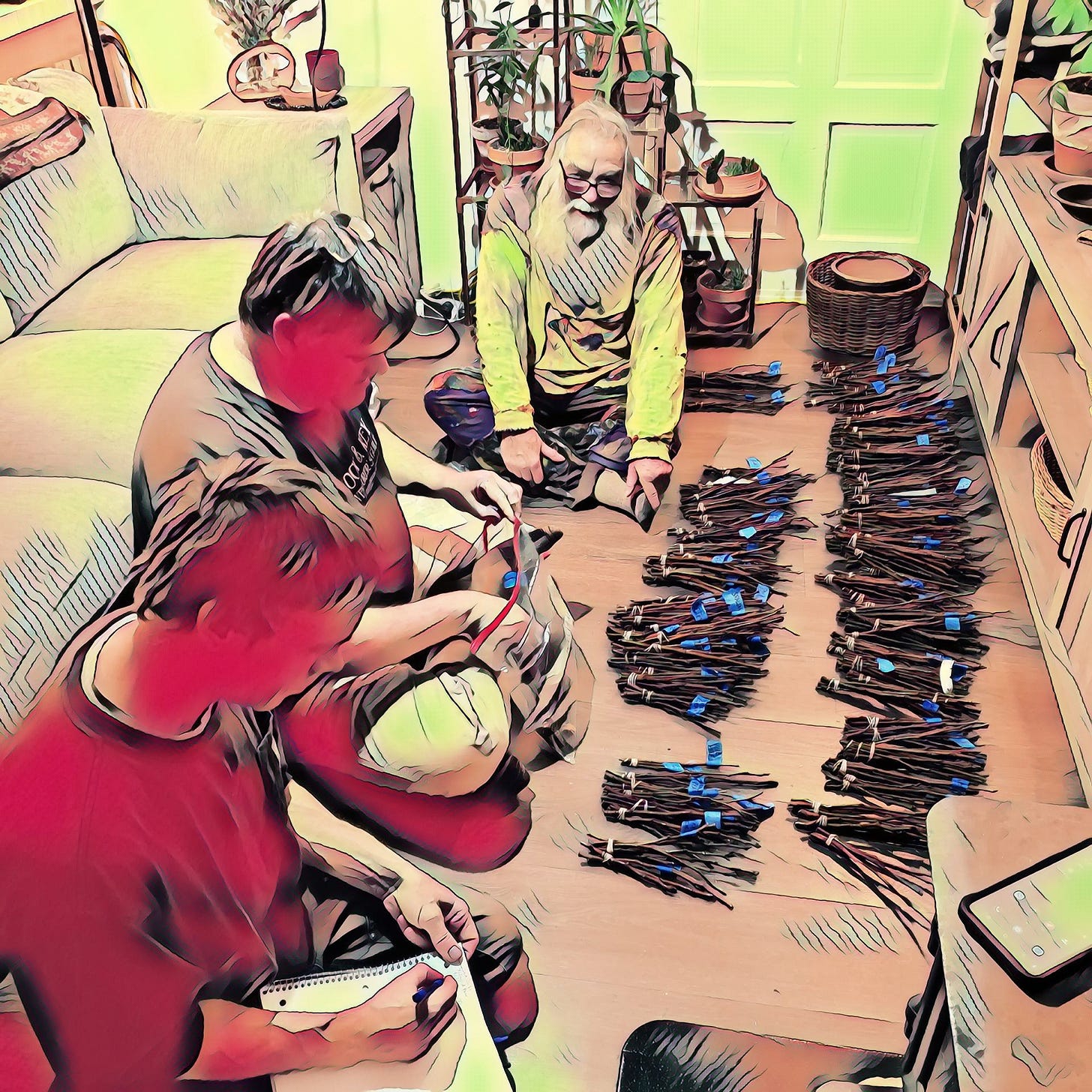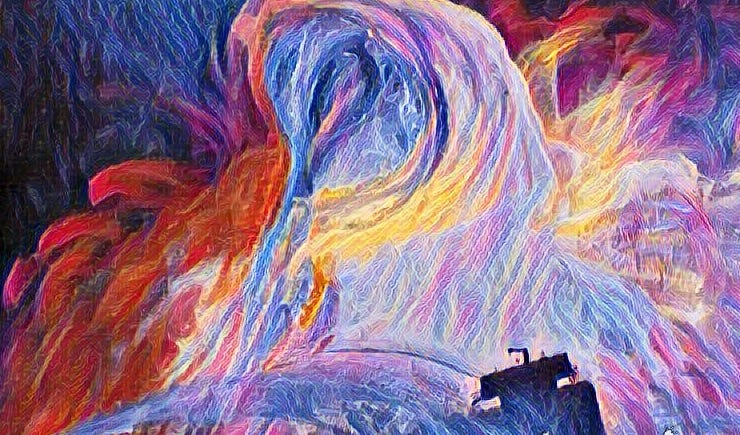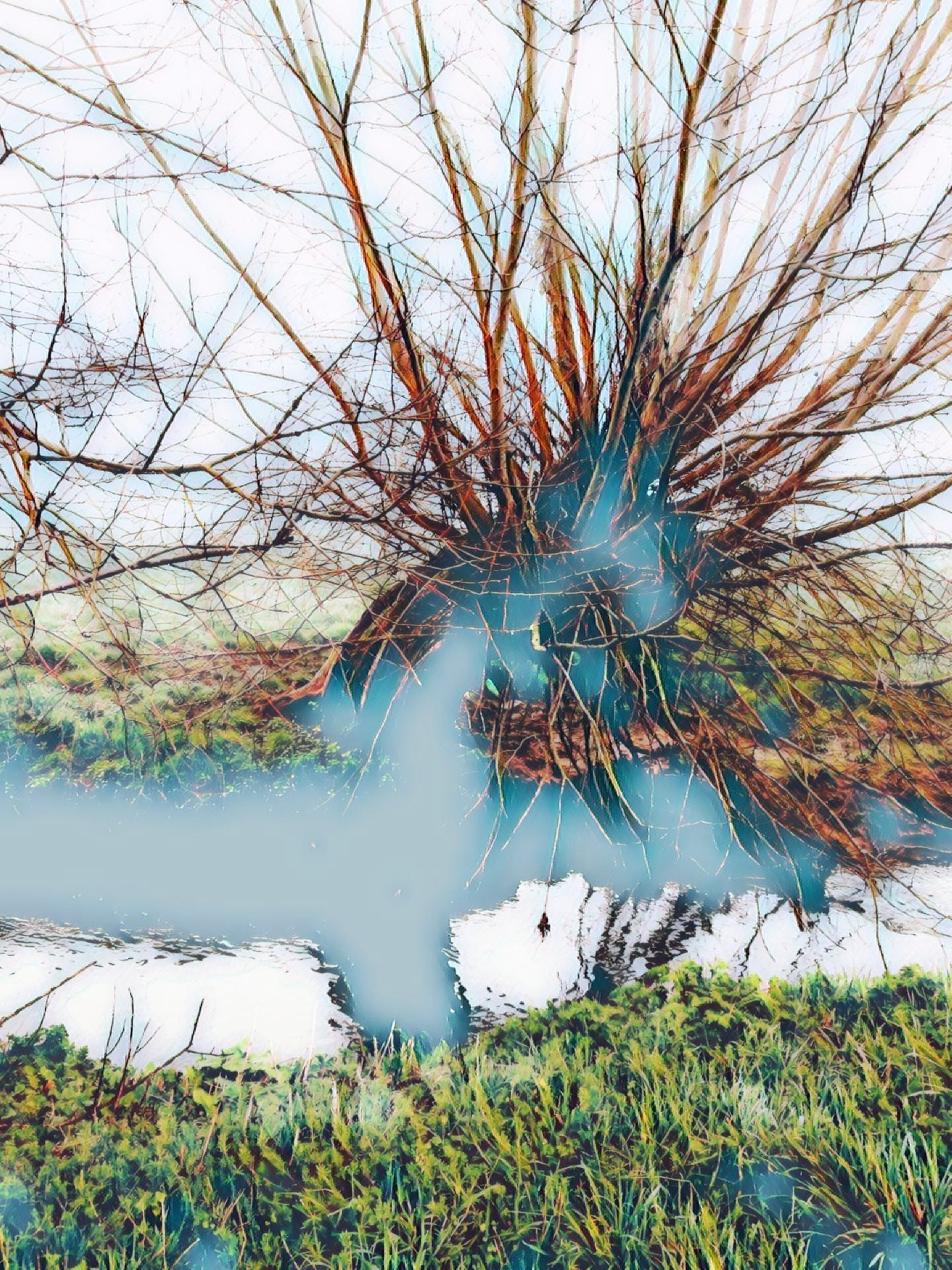How can we make sharing a fundamental part of how we live again?
What lessons can we take from events like the Propagation Fairs to rebuild resilient, cooperative systems?
Permaculture Core Ethics.
Earth care involves looking after and rebuilding natural capital, which includes not just plants and trees but also the air system, soil system, water system, and other species.
People care aims to provide for people's needs, including access to good food, water, air, and companionship, as well as other needs like joy, community, and fulfillment.
Fair share is about setting limits on our consumption and creating and redistributing a surplus, such as using no more than our fair share of water and clear air.
Agrarian Sharing Network (ASN)
“The Agrarian Sharing Network (ASN) is a decentralized, collaborative network, focused on distributing plant diversity to friends and neighbors and creating a shareable reproducible model for others to implement.
It’s as much about the plants as it is about the people.”
In the early part of each year, ASN volunteers go out, firstly collecting cuttings, scion and rootstock. After sorting and organizing this material, local Propagation Fairs take place located in the Pacific Northwest of the United States in Winter and Spring. Here is the poster for 2025.
Sharing In Our Ever-So “Developed” World.
This touches on the core of why movements like the Agrarian Sharing Network (ASN) and propagation fairs are so important. Historically, human societies functioned largely on principles of reciprocity, mutual aid, and communal resource management—things we now see in traditional agrarian and indigenous cultures. However, in most “developed” economies, several factors have eroded these natural tendencies:
1. Market-Driven Mentality
Our economies are deeply entrenched in capitalism, where everything is commodified, and value is often measured in monetary terms rather than relationships, reciprocity, or ecological health. Sharing challenges the system that profits from individual ownership and consumer dependency.
2. Individualism Over Collectivism
Western societies in particular emphasize self-sufficiency and independence, often at the expense of community cooperation. While independence can be empowering, it sometimes comes at the cost of disconnection and hoarding of resources instead of collective abundance.
3. Loss of Common Spaces and Structures for Sharing
Many societies used to have commons—shared lands, seed banks, tool libraries, and mutual aid networks—but these have been systematically dismantled through processes like privatization, enclosure, and urbanization. Without these physical or social infrastructures, spontaneous sharing becomes less practical.
4. Disconnection from Nature and Food Systems
Many people no longer produce their own food or have direct ties to land-based knowledge, making the idea of propagation fairs, seed saving, and sharing unfamiliar. As agriculture industrialized, plant genetic material became corporate property rather than a shared cultural and ecological resource.
5. Distrust and Legal Barriers
Modern societies are often regulation-heavy and liability-conscious, which sometimes discourages informal sharing. People fear being sued, fined, or taken advantage of, leading to skepticism toward open-source, decentralized resource exchanges.
6. Hyper-Specialization and Dependence on Institutions
We’ve become specialized consumers rather than generalist producers, meaning fewer people have skills in propagation, grafting, or seed saving. Instead of exchanging knowledge and resources, we rely on corporate supply chains.
Hope: Rebuilding a Culture of Sharing
Despite these challenges, movements like ASN, permaculture, and community-led sharing initiatives are rebuilding these traditions. Seed swaps, tool libraries, community gardens, and open-source farming knowledge are all ways to reclaim collective abundance.
Perhaps the bigger question is: How can we make sharing a fundamental part of how we live again? What lessons can we take from events like the Propagation Fairs to rebuild resilient, cooperative systems?
Thank you as always for reading this.







